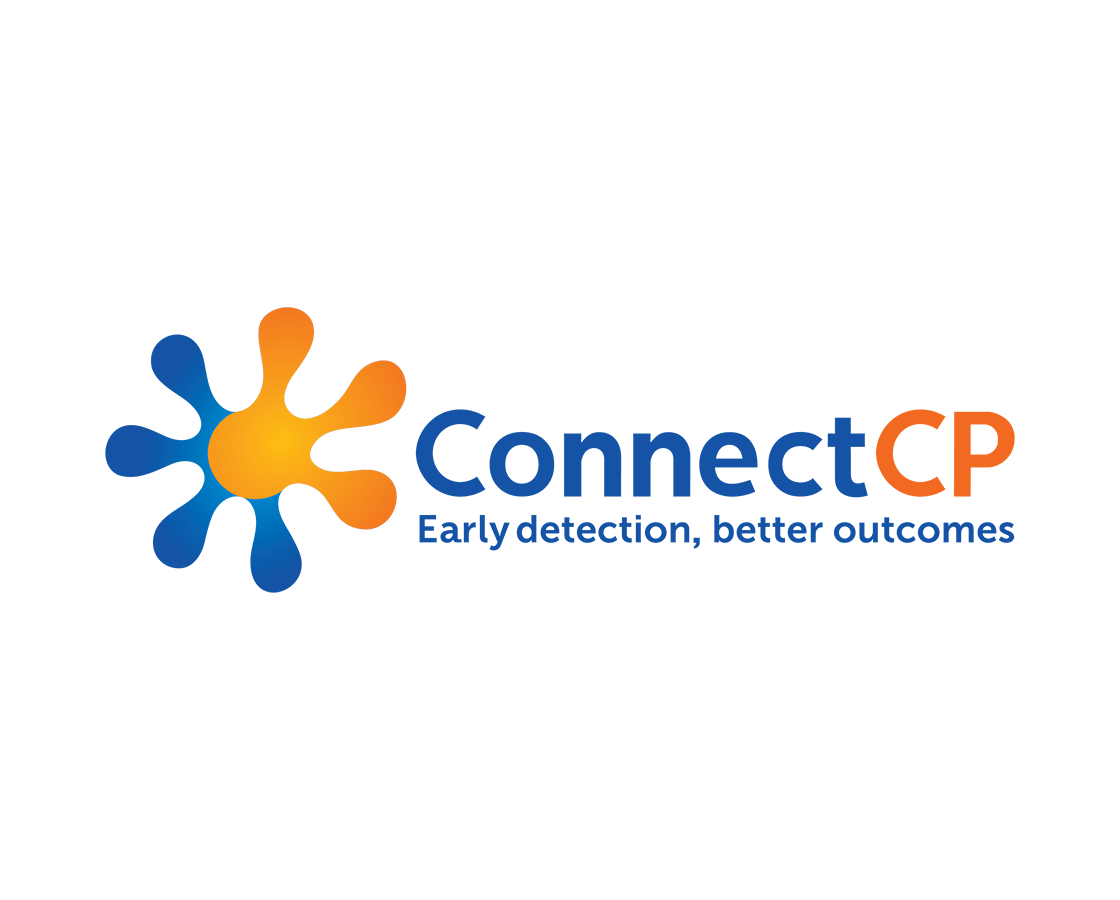Search
Showing results for "autism"

Research
CONNECT-CP (A Clinical Research Program to Improve Connection, Access and Translation of Evidence in Cerebral Palsy)CONNECT-CP aims to diagnose cerebral palsy (CP) earlier and ensure all children in Western Australia (WA) have access to early assessment and support.

Here we recognise donors who have made cumulative gifts of $10,000 and above to contribute to children's health research at The Kids Research Institute Australia.
Research
Early onset of otitis media is a strong predictor of subsequent disease in urban Aboriginal infants: Djaalinj Waakinj cohort studyAustralian Aboriginal and/or Torres Strait Islander children in rural/remote areas suffer high rates of persistent otitis media (OM) from early infancy. We aimed to determine the proportion of Aboriginal infants living in an urban area who have OM and investigate associated risk factors.
Research
Prenatal stress and risk of behavioral morbidity from age 2 to 14 years:The maternal experience of stressful events during pregnancy has been associated with a number of adverse consequences for behavioral development offspring...

News & Events
Meet Embrace's new Co-DirectorEmbrace has appointed Professor of Clinical Psychology Jeneva Ohan as its new Co-Director alongside Professor Helen Milroy AM.
Research
COCOON: Virus transmission, immunity, and family wellbeing during COVID-19The delay in community transmission of the new Coronavirus in WA, together with the strict, social distancing measures that have been adopted, provide us with an opportunity to observe the level of immunity development to the virus within the community and assess the impact of COVID-19 pandemic on health and well-
Research
Literacy and Numeracy Underachievement in Boys and Girls With ADHDChildren with ADHD are disadvantaged from an early age in key areas of learning, and this risk increased with reduction in gestational age at birth
Research
Safety, tolerability, and effect of a single aural dose of Dornase alfa at the time of ventilation tube surgery for otitis media: A Phase 1b double randomized control trialOne third of children require repeat ventilation tube insertion (VTI) for otitis media. Disease recurrence is associated with persistent middle ear bacterial biofilms. With demonstration that Dornase alfa (a DNase) disrupts middle ear effusion biofilms ex vivo, we identified potential for this as an anti-biofilm therapy to prevent repeat VTI. First, safety and tolerability needed to be measured.
Research
The Flourishing Child: Understanding how Adults and Children Perceive Flourishing from the Start of LifeThe current narrative surrounding children’s health and wellbeing often focuses on adversity and dysregulation with a lack of positive messaging. However, promoting protective and buffering factors may be as important as reducing adverse exposures. While the concept of flourishing is commonly applied in the context of adults, defining what flourishing means for children in current academic literature remains unclear.
Research
The ORIGINS Project Biobank: A Collaborative Bio Resource for Investigating the Developmental Origins of Health and DiseaseEarly onset Non-Communicable Diseases (NCDs), including obesity, allergies, and mental ill-health in childhood, present a serious and increasing threat to lifelong health and longevity. The ORIGINS Project (ORIGINS) addresses the urgent need for multidisciplinary efforts to understand the detrimental multisystem impacts of modern environments using well-curated large-scale longitudinal biological sample collections.
